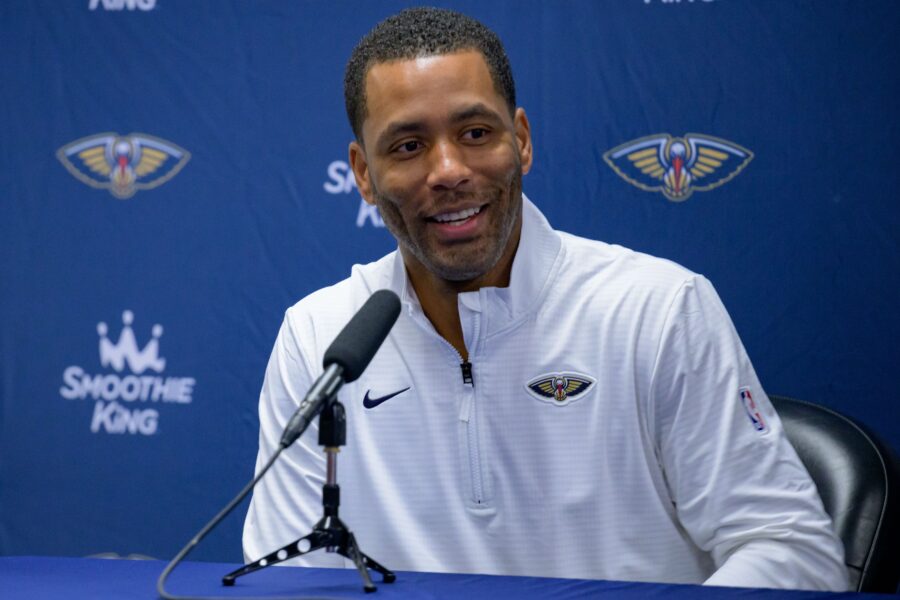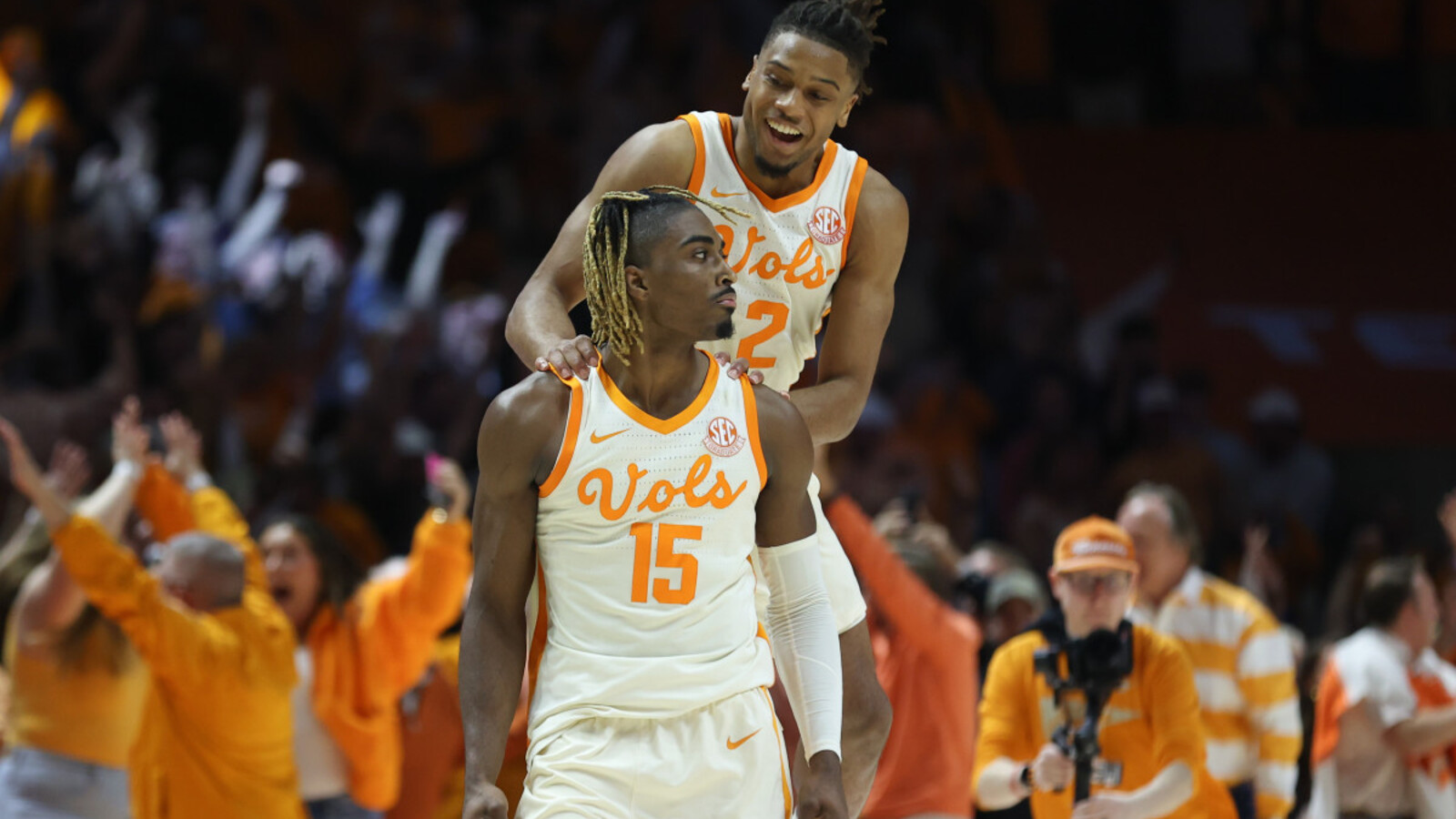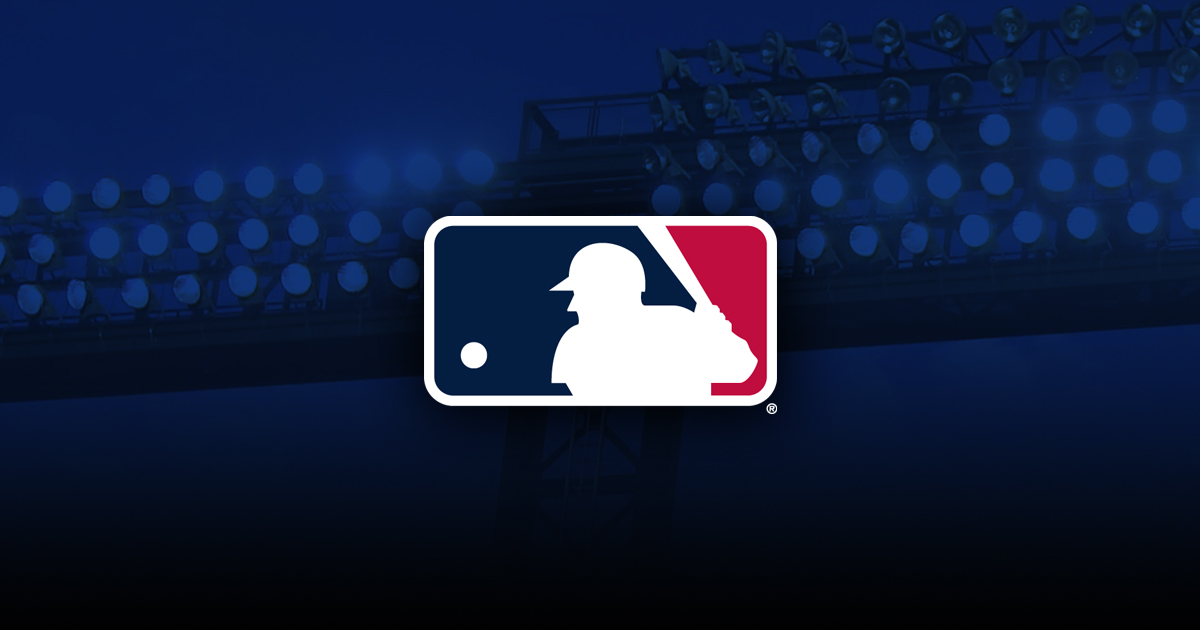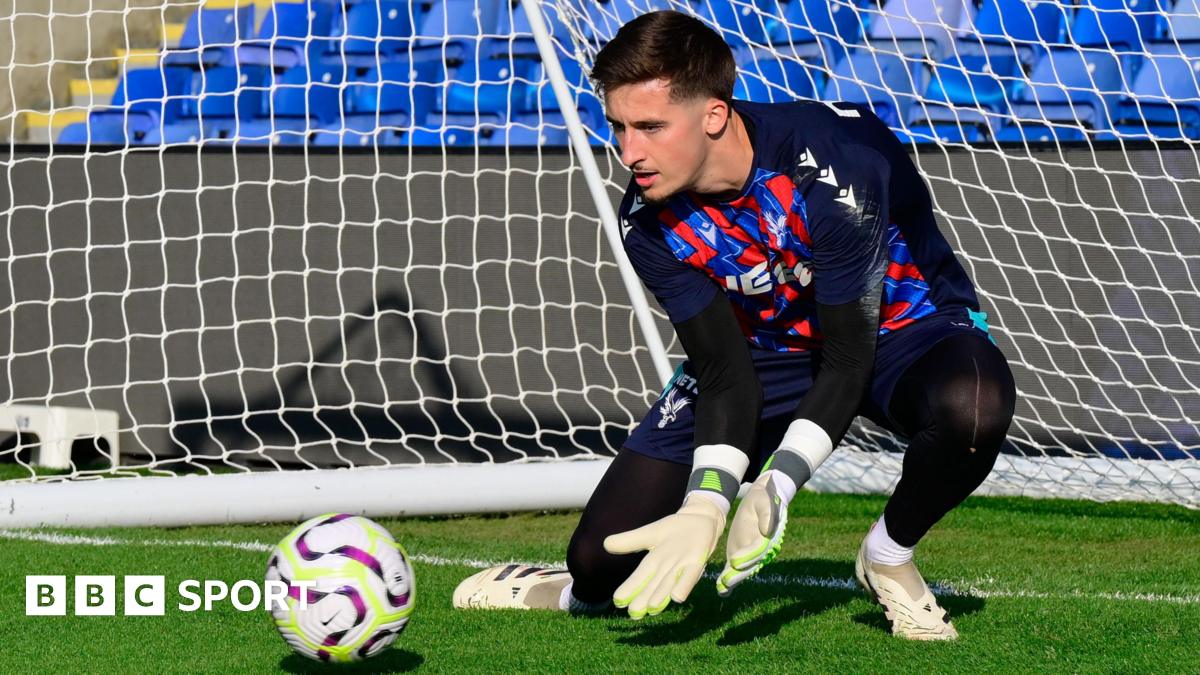Ad Industry Executives Brace for the AI Apocalypse
Is the advertising industry staring down its “let them eat cake” moment?
Thousands of media and tech executives are descending on France for the annual Cannes Lions festival (June 16 to 20), where they will schmooze and sip Aperol Spritzes at parties, and perhaps commiserate in between panels at Meta or Spotify Beach, or on one of the dozens of yachts docked in the harbor. The talk of the town is what one veteran media exec frames as the “insane chaos and disruption” that AI is beginning to unleash as the major ad agencies and buying firms slash thousands of jobs in the name of automation and consolidation.
It already is being felt at the very top of the industry: Just days before the Cannes Lions kickoff, WPP CEO Mark Read revealed his intention to depart at year’s end, reassuring staff that “we are now leading the way as AI transforms marketing” and that the company is equipped “to face the future confidently and capture the opportunities ahead.”
And Omnicom and IPG are lurching toward a $13 billion megamerger, which is premised on creating an ad giant that will be “poised to accelerate innovation and harness the significant opportunities created by new technologies in this era of exponential change,” as Omnicom CEO John Wren said when unveiling the deal.
That exponential change, ad agency veterans say, is based on a few things: The practice of buying and selling, which was once hashed out in smoke-filled rooms and at glitzy events, is already increasingly automated, and AI will only turbocharge that as potential AI agents tasked with creating full media plans are deployed.
On the creative side, AI will dramatically change the creation of ads themselves. Meta, for example, wants to have AI tech in the market allowing brands to create, target and deploy ads by the end of next year. Across the industry, tools are being developed that allow brands to upload images of their product, which can be quickly iterated into dozens of ads or video spots.
The end result is a business that could be radically smaller. “I’m afraid that in a couple of years, the big ad agencies will be a shadow of what they are today,” admits the former CEO of a top Madison Avenue firm. “Nothing can match human creativity and experience, but from research to placement to creative, a lot of what the agencies have done can be replicated pretty well by AI.”

Not everyone agrees that the end is near. And that includes Alex Schultz, the CMO of Meta. “We believe AI will enable agencies and advertisers to focus precious time and resources on the creativity that matters. And we’re seeing agencies using AI in a way that is aligned with this vision already,” Schultz wrote on LinkedIn last month. “Advertisers, including our marketing teams at Meta, also rely on their agencies to make decisions across channels and across platforms. While we think there will ultimately be more automation in marketing, the role that agencies play is going to become ever more important through their ability to plan, execute and measure across platforms.”
Still, the AI revolution is coming. Last year, Coca-Cola released an ad created using generative AI tools, and in June, the prediction market Kalshi placed an ad during the NBA Finals (on the YouTube TV stream, at least) that was created entirely using Veo 3, Google’s new video generation model. Thomas Iljic, the product lead at Google Labs responsible for Veo 3, tells The Hollywood Reporter that when it comes to using the tech for advertising, it “seems extremely promising, but I would say it’s still very early in terms of gauging the size of the market.”
While the ad business will face the brunt of disruption first, the media business writ large will have to grapple with the consequences — and what comes next. Everyone in Hollywood is aware of the threat that generative AI poses to production, but less focus has been placed on the disruption to processes. Meta and Google dominate digital ads, and when Amazon is added in, the three companies gobble up more than 60 percent of all ad dollars (excluding China), per Magna, and analysts see the potential for AI to further entrench the tech giants.
“A key risk we see for smaller platforms is the further entrenchment of large-scale platforms and the inability to compete on scale of capital, engineering resources and [first person] data,” Goldman Sachs’ Eric Sheridan wrote May 7.
Streaming services are among those smaller platforms, serving up digital ads to consumers. Tech giants have a “very different cost model, and it’s allowed them to plow revenue into AI, into ad targeting, into tech areas where I think traditional media is just slower to innovate,” says Kate Scott-Dawkins at WPP Media.
But traditional media is giving it a go.
Major media companies have already reorganized themselves to enable more automated ad buying and transacting, with data-heavy approaches, targeting, and guarantees. The scatter market that used to take place over games of phone tag now happens automatically in custom software.
As the digital giants roll out more AI-driven ad options, streamers and publishers will have no choice but to follow.
Of course, some streamers are already thinking about the looming disruption. At this year’s upfront, both Netflix and Amazon unveiled AI-powered ad formats, that use the tech to blend an existing ad to whatever content the viewer is watching. TikTok unveiled its own AI ad format at Cannes Lions this week. Others will follow.
But entertainment giants do have an ace up their sleeve: For major ad deals involving top brands, the human touch is likely to remain, and with live sports still among the most valuable content on the planet, those deals are unlikely to dissipate anytime soon. One ad sales exec predicts that companies will create more big, tailored bundles for clients that use sports as a hub, with other content like news and entertainment as spokes that can support it, and automated ad buying at the outer rim, more tailored to on-demand entertainment fare.
But the not-too-distant future also carries with it enormous uncertainty around what content consumers will be watching, where they watch it, how ads are sold and consumed, and other big picture questions that would have seemed like science fiction not long ago.

Creator-driven platforms like YouTube, Instagram and TikTok have disrupted the consumption of content, and the creation of content, and AI could further fragment that world.
“I think what maybe people aren’t ready for, is what happens with the explosion of machine generated content or AI generated content, and to what extent do these platforms allow that to flourish,” Scott-Dawkins says. “To what extent do they try and tamp that down to keep the sort of authentic, person-driven narrative that they’ve had with users historically?”
YouTube CEO Neal Mohan, for example, took to the stage at Cannes Wednesday to announce that Veo 3 would be added to its Shorts platform later this summer, enabling easier, faster use of the Google AI tool. “The possibilities with AI are limitless,” Mohan said. “A lot can change in a generation. Entertainment itself has changed more in the last two decades than any other time in history. Creators led this revolution.”
For what it’s worth, one top tech exec says that while AI content on user-generated platforms is inevitable, human creativity is still likely to be what people engage with most, though it may be augmented by AI tools. The future of ads will likely be similar.
“Consumers already expect advertising to be relevant and engaging and buying experiences to be seamless; those expectations are only going to accelerate in the age of AI,” WPP Media CEO Brian Lesser said May 28 in connection with the launch of the company.
Or as Apple vp Tor Myhren declared at a Cannes Lions event this week: “The good news is AI is not going to kill advertising. The bad news is AI is not going to save advertising. We’ve got to save ourselves, by believing in what’s always made this industry special: human creativity.”
So it goes that perhaps it is the art of buying and selling ads that may itself by supplanted by AI, even if humans retain some semblance of creative control.
JPMorgan analyst David Karnofsky, in a June 9 report, outlined discussions with media buyers who describe “a Minority Report-esque world where advertising is personalized through virtual reality, digital, and physical media. Consumers may start to outsource purchasing decisions to AI agents (which we are already seeing in the clothing industry with Stitch Fix).”
However even in that world outlined by JPMorgan where science fiction becomes reality, there is a silver lining for old-fashioned advertising.
“In this scenario, media buyers highlighted that AI buyers may understand a consumer’s goals, budget, habits, and use that information to make decisions on your behalf and communicate with AI sellers — however, advertising would still play an important role in providing information that prompts consumers to highlight and update their goals/ instructions for their AI agents,” Karnofsky writes.
No need to call that 1-800 number or visit that website, just tell your AI agent about that AI-created Super Bowl ad, and it will do the rest.
This story appeared in the June 18 issue of The Hollywood Reporter magazine. Click here to subscribe.











